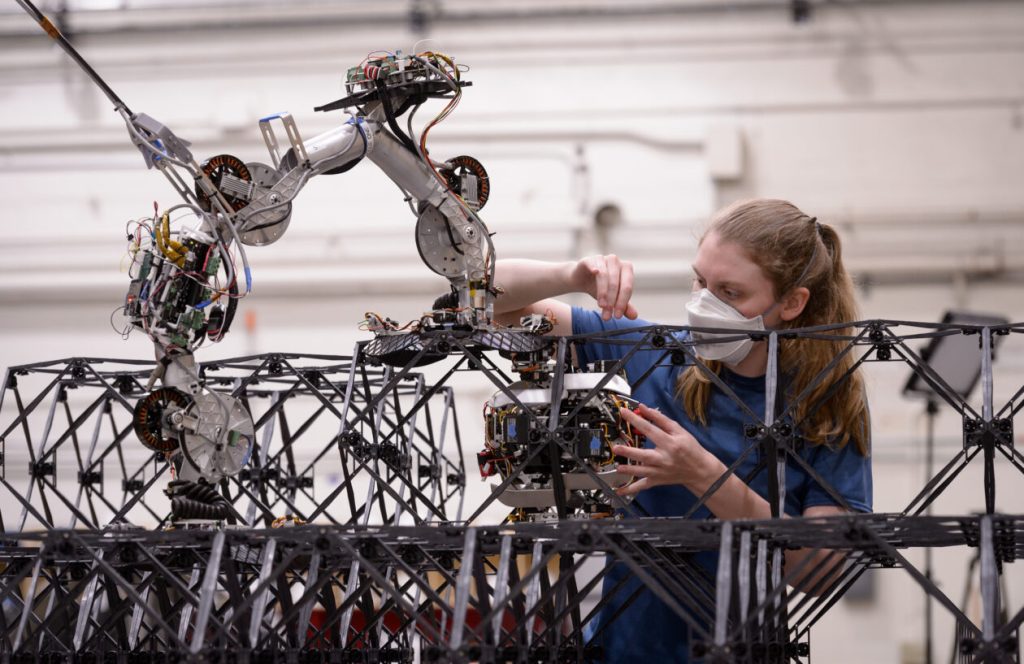The Mars Society is working on launching a startup incubator in the Seattle area with a focus on artificial intelligence and biotech, with the long-term goal of supporting the development of technologies needed for settlements on Mars. Mars Society President Robert Zubrin envisions a profitable Mars colony that can create inventions that meet its own needs and can be licensed on Earth, serving as a main economic support for Mars. The Mars Technology Institute, modeled on Y Combinator, is being planned to provide guidance and seed money to promising ventures in return for equity.
Efforts are underway in AI, biotech for food production, and robotics for Mars exploration and settlement. The Mars Society’s first startup, called Athena, aims to create an AI-powered expert system for space engineering projects. Named after the goddess of wisdom, Athena is expected to streamline research and development efforts for companies like Varda Space Systems by providing expert insights and guidance. Athena’s chief product officer is a veteran tech executive, and the system is being built on Microsoft’s Azure AI cloud platform using retrieval-augmented generation to optimize relevant results.
The Mars Society also plans to offer prize incentives for biotechnological methods that use microbes to convert simple chemicals into food, offering the potential for much more efficient food production on Mars. The prize would reward teams that improve efficiency and taste of the resulting products, with the winners potentially receiving patents for their work. The Mars Society has experience in conducting prize competitions, having awarded prizes in a Mars City State Design Competition in 2020.
Robotic applications for Mars exploration and settlement include AI field assistants for data analysis, construction robots for infrastructure assembly, 3D printing technologies, debris removal robots, life support systems, and swarm robotic systems for complex tasks. These robotics projects aim to address the needs of future communities on Mars by ensuring reliable air, water, and food production, as well as maintenance and repair of systems. The Mars Society is working to identify specific projects in the robotics field that can contribute to successful human colonies on Earth or Mars.
The Mars Technology Institute aims to provide a platform for innovative technologies that can support Mars colonies and lead to profitable inventions. The institute plans to collaborate with government officials and organizations in the Seattle area to establish a home base for these startups. Initiatives in AI, biotech, and robotics are currently underway, with plans to expand into advanced nuclear fission and fusion technologies in the future. The Mars Society’s goal is to create a self-sustaining Mars colony that can export inventions to Earth and serve as a model for innovative technological development.


